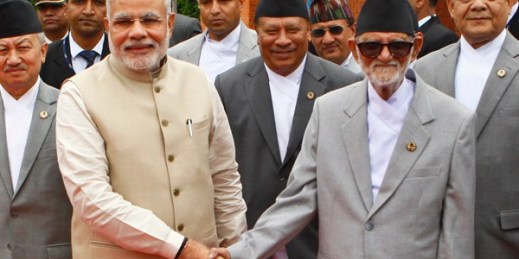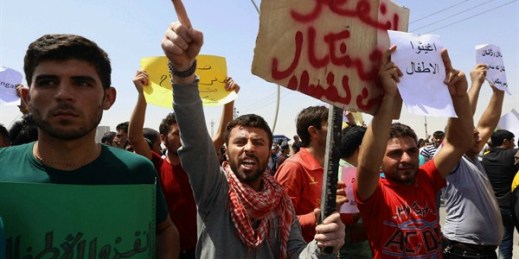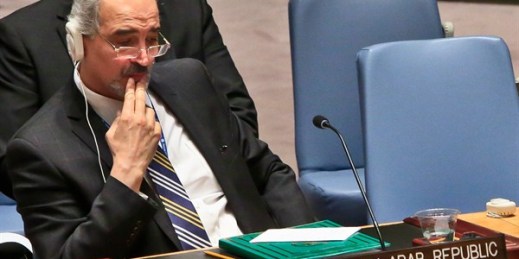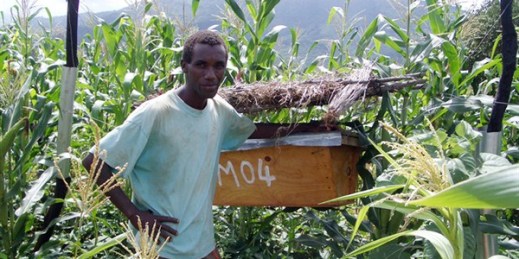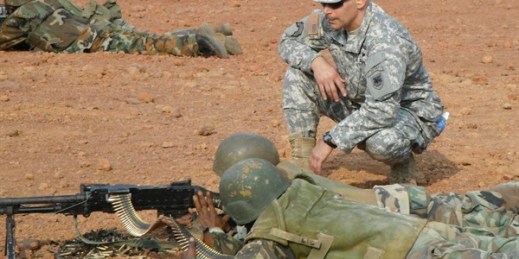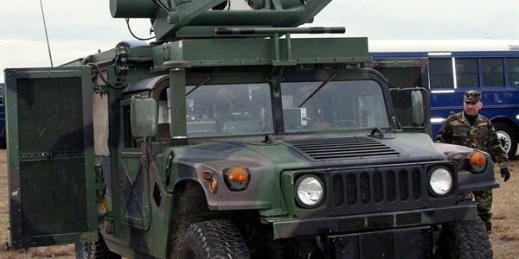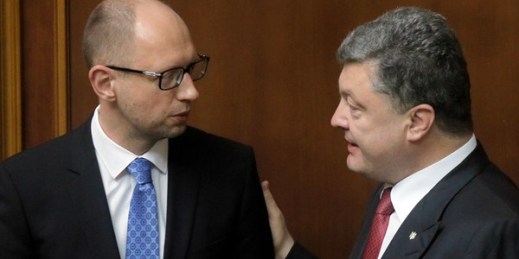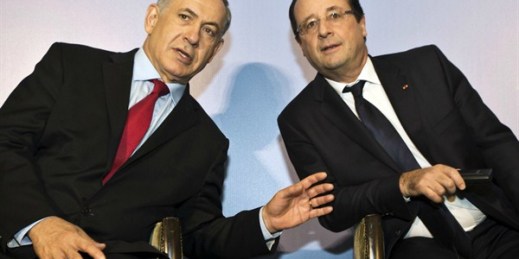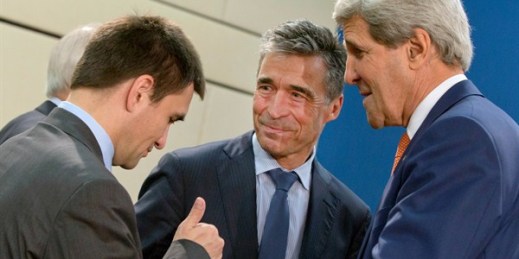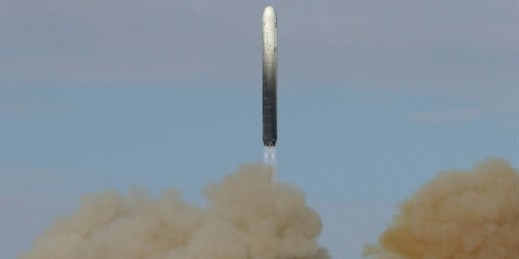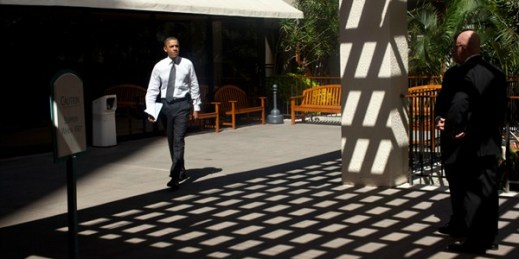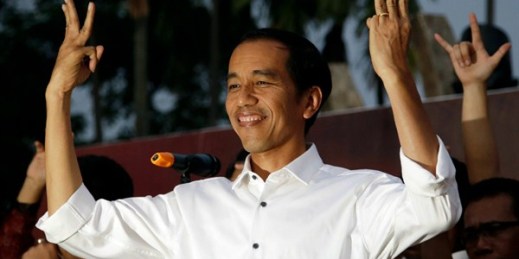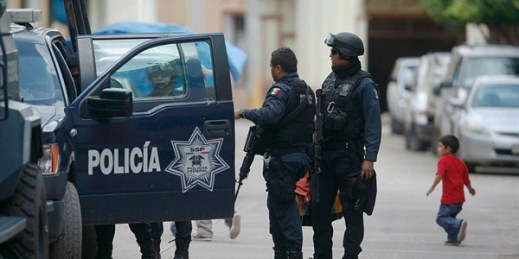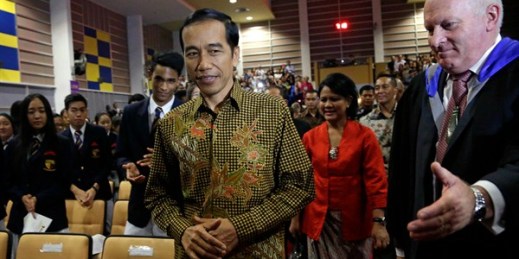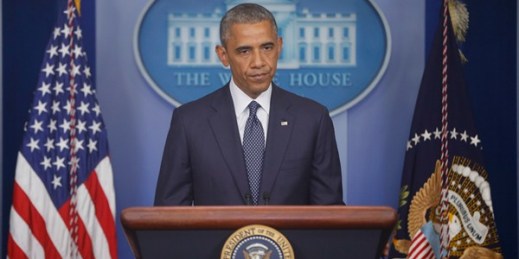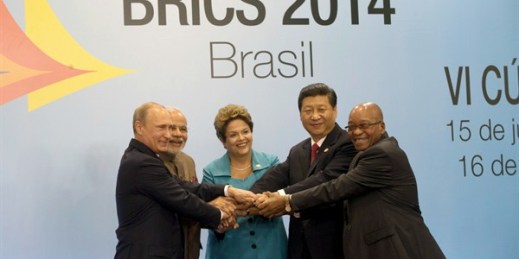
The list of applicants for the job of “international financial crisis manager” just got a bit longer. After two years of negotiations, Brazil, Russia, India, China and South Africa—known collectively as the BRICS—have unveiled a new international financial institution. The centerpiece of the aptly named New Development Bank is a $50 billion pool of resources set aside to fund infrastructure and other development projects in the BRICS countries. However, the group also announced the creation of the Contingent Reserve Arrangement (CRA), a $100 billion fund designed to provide short-term liquidity support to members of the group, similar to the Western-dominated […]

